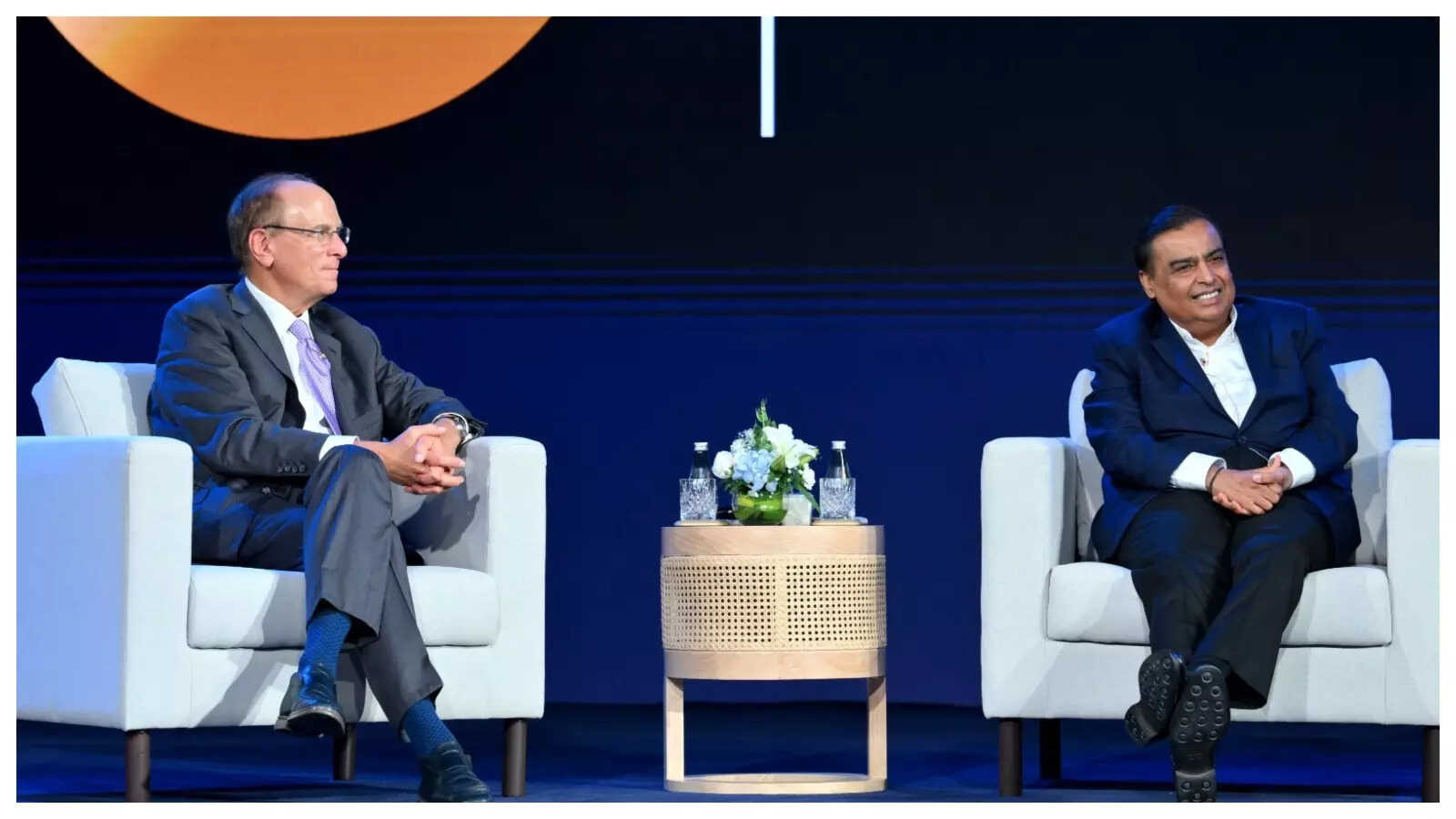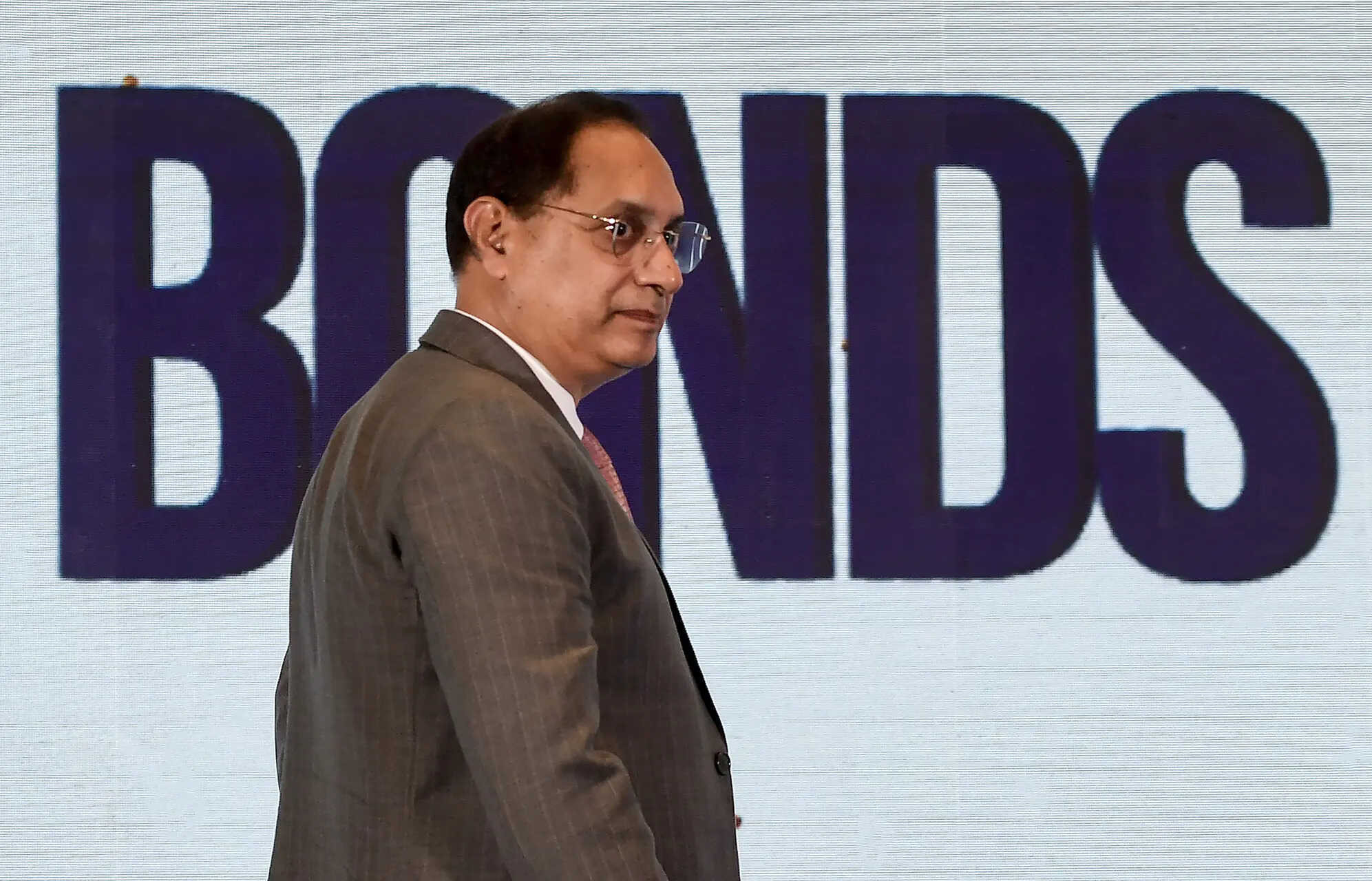Is Cash Becoming a Relic? The UPI Revolution in India
Remember the days of fumbling for exact change, or frantically searching for an ATM before your favorite chai stall closed? Those days might soon be relegated to nostalgic memories, thanks to the phenomenal rise of Unified Payments Interface, or UPI. The IMF has recently highlighted the transformative impact of UPI on India’s financial landscape, and the findings are pretty remarkable. It seems India is swiftly moving towards a less cash-dependent economy, and the speed of this shift is genuinely impressive.
But what exactly is driving this change, and what does it mean for the future of finance in India? Let’s dive in.
The Rise of UPI: A Digital Payment Game-Changer
UPI isn’t just another digital payment system; it’s a revolution in how Indians transact. Imagine a single platform that allows you to seamlessly transfer money between different banks, pay merchants, and even split bills with friends, all with a few taps on your smartphone. That’s UPI in a nutshell. Its user-friendly interface and instant transaction capabilities have resonated deeply with consumers and businesses alike, fueling its explosive growth. 
The IMF’s recent analysis points to a significant correlation between the surge in UPI payments and a reduction in cash usage. This isn’t just anecdotal; the data clearly shows a trend. More and more people are opting for the convenience and speed of UPI over traditional cash transactions, especially for smaller, everyday purchases. The convenience factor is undeniable.
Think about it: no more searching for ATMs, no more worrying about carrying large amounts of cash, and no more hassle of dealing with exact change. UPI offers a streamlined and efficient alternative that seamlessly integrates into our daily lives.
How UPI Reduces Reliance on Physical Currency
One of the key reasons UPI is successfully curtailing cash usage is its accessibility. It’s not just for the tech-savvy elite; it has penetrated deep into the heart of India, reaching small towns and rural communities. This widespread adoption is partly due to the government’s push for financial inclusion and the increasing availability of affordable smartphones and internet access.
Moreover, UPI has made it easier for small businesses and merchants to accept digital payments. Previously, many small vendors relied solely on cash transactions, limiting their customer base. With UPI, they can now accept payments from anyone with a smartphone, expanding their reach and boosting their sales. This digital transformation is empowering small businesses and contributing to economic growth.
Interested in how other technologies are impacting businesses? Learn about the benefits of cloud computing for small businesses.
The Future of Cash: Will It Disappear Entirely?
While the decline in cash usage is undeniable, it’s unlikely that cash will disappear completely anytime soon. There will always be situations where cash remains the preferred or only option, particularly in areas with limited internet connectivity or among individuals who are less comfortable with technology.
However, the trend is clear: India is moving towards a more digital economy, with UPI leading the charge. As the technology continues to evolve and become even more accessible, we can expect to see further reductions in cash usage and a greater reliance on digital payment methods. This shift has profound implications for everything from financial inclusion to economic growth and even the way we think about money. The speed and breadth of the UPI payment revolution is truly reshaping the Indian economy.
The Road Ahead: Challenges and Opportunities
While the UPI revolution is undoubtedly positive, there are still challenges to overcome. Cybersecurity concerns, the need for robust infrastructure in rural areas, and the importance of digital literacy are all critical areas that need to be addressed to ensure the continued success of UPI.
But the opportunities are immense. By embracing digital payments and reducing our reliance on cash, we can create a more efficient, transparent, and inclusive financial system for all Indians. The future of finance in India is digital, and UPI is paving the way.







